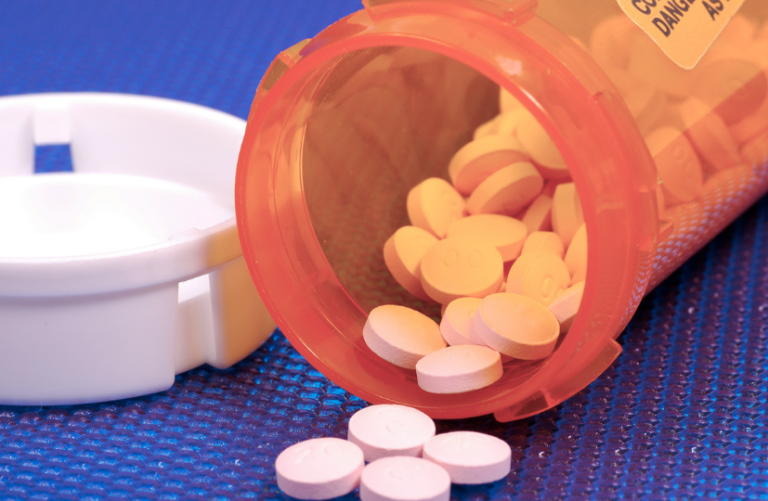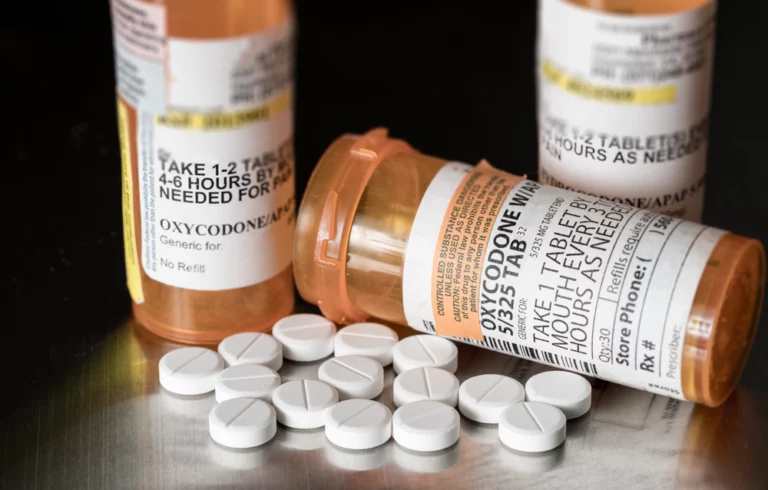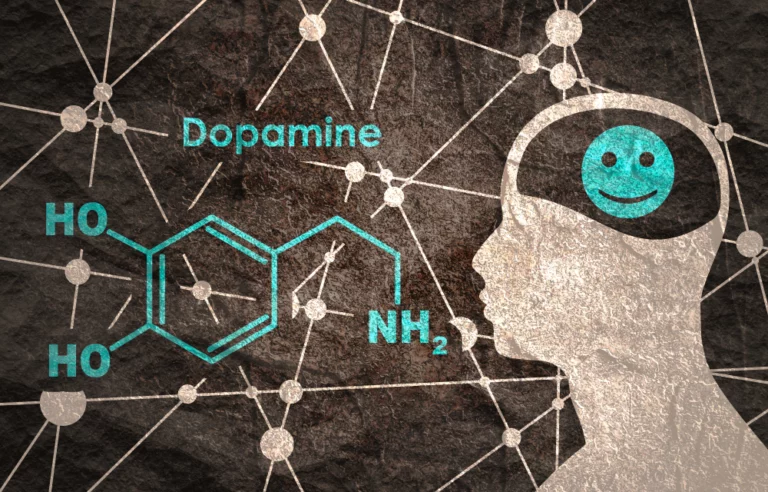How Long Does Heroin Stay in Your System? This is a common question. Heroin, an opioid drug derived from morphine and classified as a controlled Schedule I substance in the US, has no legal medical application in the country and may only be purchased illegally. Due to its highly addictive nature and the damage it causes to people’s health and well-being, the drug enforcement agency controls it heavily. Heroin is frequently smoked, snorted, or injected directly into the user’s veins, producing an instantaneous, euphoric high, followed by feelings of contentment, calmness, and drowsiness.
Heroin can be detected for up to 48 hours in the urine, the blood for up to 5-6 hours, the saliva for up to 5-6 hours, and the hair for 3 months or more using the right test. These durations may be subject to change based on the test utilized and whether heroin was used for a long time.
How Long Does Heroin Stay in Your System?
The amount of time it takes for heroin to vanish from various drug tests is contingent on how quickly it leaves the body. The FDA has approved blood, saliva, urine, and hair follicle drug tests for heroin. Because newer, more sophisticated tests detect heroin in the system for longer periods of time after the last dose, heroin metabolites, which are produced as the liver processes the drug, are now being sought. These metabolites stay in the system much longer than the drug itself.
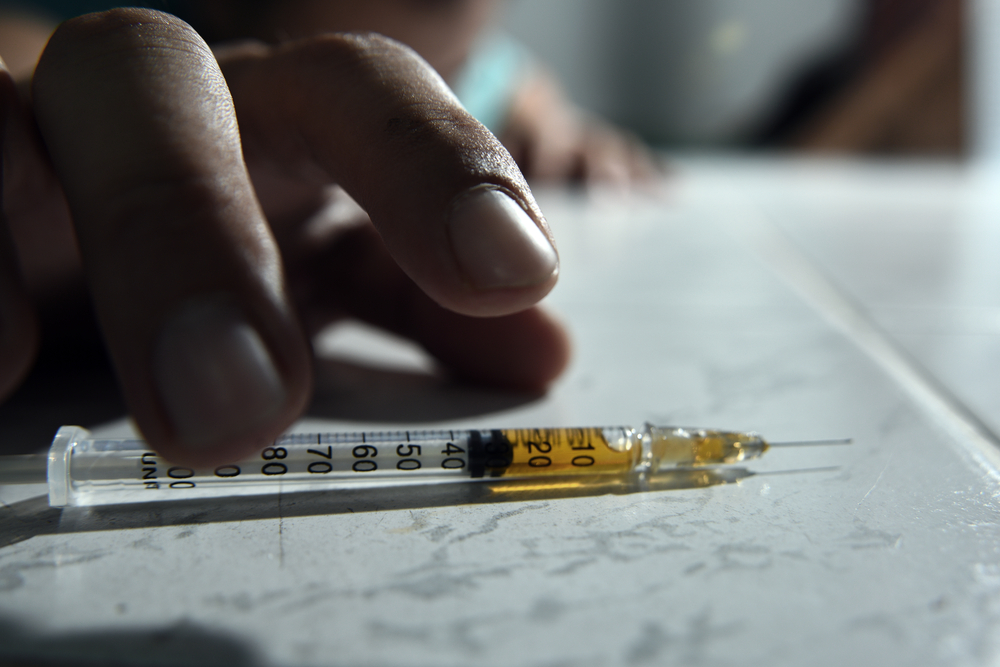
Some tests can still detect this drug up to seven days after ingestion. Because heroin, like many other opioids, has a short half-life, blood and saliva tests are rarely used to detect the drug. It may therefore take only five to six hours for heroin to be undetectable in these fluids, but may still be detected in urine for up to two days. The only test that is effective past a week is the hair follicle test, which detects heroin for up to three months or longer.
However, there are numerous factors that may interfere with hair tests. It is also important to remember that heroin is typically detectable in the systems of long-term, heavy users for much longer. Because of the way heroin is stored in fatty tissues that take longer to flush out than other substances in the blood and bodily fluids, excessive use results in a much longer detection time.
How Long Does Heroin Stay in Urine
Heroin use can be detected on a standard urine test between one and four days after the last use, depending on how long an individual has been extensively using heroin. Urine tests are one of the most common drug tests, as well as being low-cost and readily accessible.
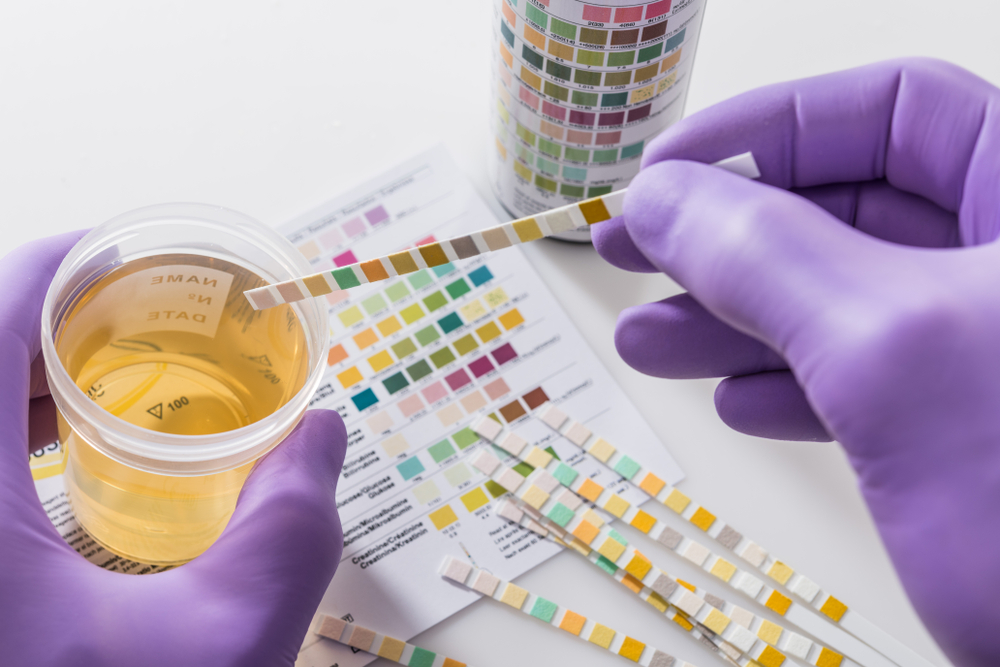
How Long Does Heroin Stay in Blood
Because it is invasive and expensive, a blood test is less commonly used to detect heroin use after traffic accidents or overdoses, to detect recent heroin use, and to distinguish regular opioid usage for pain relief from heroin usage. Only in the last hours of the final dose does a blood test detect heroin.
How Long Does Heroin Stay in Saliva
Saliva tests are thought to be more accurate than urine tests, but the detection window is much smaller, and the test must be performed within a few hours of heroin use to detect it.
How Long Does Heroin Stay in Hair?
Heroin can be detected in hair follicles up to 90 days after use, depending on the length of time someone has been addicted. Long-term heroin addicts may have a significantly longer window for detection.
What is the Half-Life of Heroin?
Heroin has an exceptionally brief half-life of 30 minutes, which means that half of the drug in the person’s system will be flushed out after just 30 minutes if they take a single dose of heroin. Some research indicates that the half-life may even be as short as 3-8 minutes. This is largely dependent on the user’s age, weight, metabolism, the amount taken, genetics, and liver and kidney health.
Factors that Affect How Long Heroin Stays in the System
The time period heroin stays in a user’s system is determined by multiple variables. The quantity of heroin consumed is the most critical variable when it comes to determining how long heroin remains in a user’s system. With light drug involvement, heroin will remain in the body for one or two days; with heavy, frequent usage, heroin may be detected in urine drug testing for up to seven days. Age, height, weight, kidney health, liver health, metabolism, genetics, and body fat percentage all play a role as well.
How Long Does the Heroin High Last?
The length of a heroin high is dependent on the user’s tolerance and the method of administration. Typically, those who inject heroin will feel the effects in a matter of seconds with the high lasting a few hours. Smoking heroin produces a high within a few minutes and the high can last anywhere from 4-5 hours. Snorting heroin is similar to smoking it in that it takes about 10 minutes to produce a high and lasts for about 4 to 5 hours.
Heroin Withdrawal
There are two primary reasons why drug users want to know how long a heroin high lasts: to know how long they have to wait until their next fix and to avoid experiencing heroin withdrawal symptoms. Withdrawal occurs when a dependent heroin user stops taking the drug. Symptoms of heroin withdrawal include the following:
- Nausea
- Vomiting
- Diarrhea
- Chills
- Excessive sweating
- Muscle aches
- Tremors
- Anxiety
- Insomnia
- Intense cravings
Heroin withdrawal symptoms are the opposite of the feelings that the drug generates. In general, these symptoms last for less than ten days and are rarely life-threatening. Withdrawal symptoms are often so distressing and intense that people relapse or even consider suicide. Withdrawal symptoms typically start within six to twelve hours of the last dose, peak in intensity within two to three days, and last between five and ten days.

Dangers of Heroin Abuse and Addiction
Heroin addicts experience a variety of medical problems, including insomnia and constipation, whether they consume the drug orally or intravenously. Heroin depresses respiration, which can result in lung issues, including various types of pneumonia and tuberculosis. Heroin consumption causes mental disorders such as depression and anxiety, as well as sexual dysfunction in men and irregular menstrual cycles in women. People who snort heroin may perforate the nasal septum (the barrier that divides the nasal passages) as a result of the mucosal tissue damage and perforation.
Long-term intravenous heroin use may cause scarred and/or collapsed veins, blood vessel and heart valve bacterial infections, abscesses (boils), and other soft-tissue infections. Street heroin frequently contains contaminants that do not readily dissolve and may clog blood vessels to the lungs, liver, kidneys, or brain, resulting in lung, liver, kidney, or brain tissue death or infection. Arthritis and other rheumatologic problems may result from immune responses to these contaminants.
Heroin use can result in some of the most serious consequences, including hepatitis B and C, HIV, and blood-borne virus infections, all of which drug users may then pass on to their sexual partners and children by sharing injection equipment or fluids.
Probably the most harrowing and very possible side effect of heroin abuse is death. In 2020, approximately 900,000 people reported using heroin within that year. Out of everyone who used heroin within that same year, 13,165 died from a heroin-involved overdose.
Treatment for Heroin Addiction in Asheville, NC
There are many people who want to benefit from professional substance abuse rehabilitation. Heroin addiction treatment can help a person stop using and remain sober so that they may resume a healthier, more productive life in the long run.
Detox
During the process of heroin recovery, medical detoxification is often the first step. Medical detoxification helps individuals in early recovery cope with withdrawal symptoms and stabilize their condition, but it is only the first step of a more comprehensive treatment program.
Drug Rehab
Following detoxification, a person may either remain in an inpatient or outpatient facility for continued treatment. Inpatient or residential treatment is provided twenty-four hours a day. Addiction treatment may also be provided through a variety of outpatient programs, including partial hospitalization programs (PHPs) and intensive outpatient treatment (IOPs), while living at home or in a sober living facility outside of treatment hours. Treatment is different for everyone. Your treatment will be customized to your specific requirements instead.
Aftercare
Aftercare and routine follow-up sessions with treatment providers are vital aspects of effective treatment. Many people who relapse do so within the first year after leaving treatment. Having a support network of people in recovery may help you remain abstinent from drugs, as research has shown. Aftercare reinforces the lessons you learned in treatment and provides a network of sober peers from whom you may gain support and learn from.

Heroin Addiction Treatment at Asheville Detox Center
Those who abuse heroin or are dependent on it without receiving medical detox may face life-threatening health problems and are at high risk of experiencing a fatal overdose if the addiction is left untreated.
To overcome heroin addiction once and for all, begin with Asheville Detox. By providing individualized detox treatment plans, holistic care services, and 24/7 medical supervision, all clients can rest assured that they are in good hands and on their way to recovery.
To learn more about our services and treatments, contact the professionals at Asheville Detox today. It’s never too late to turn your life around, and we’re here to help you get started.


